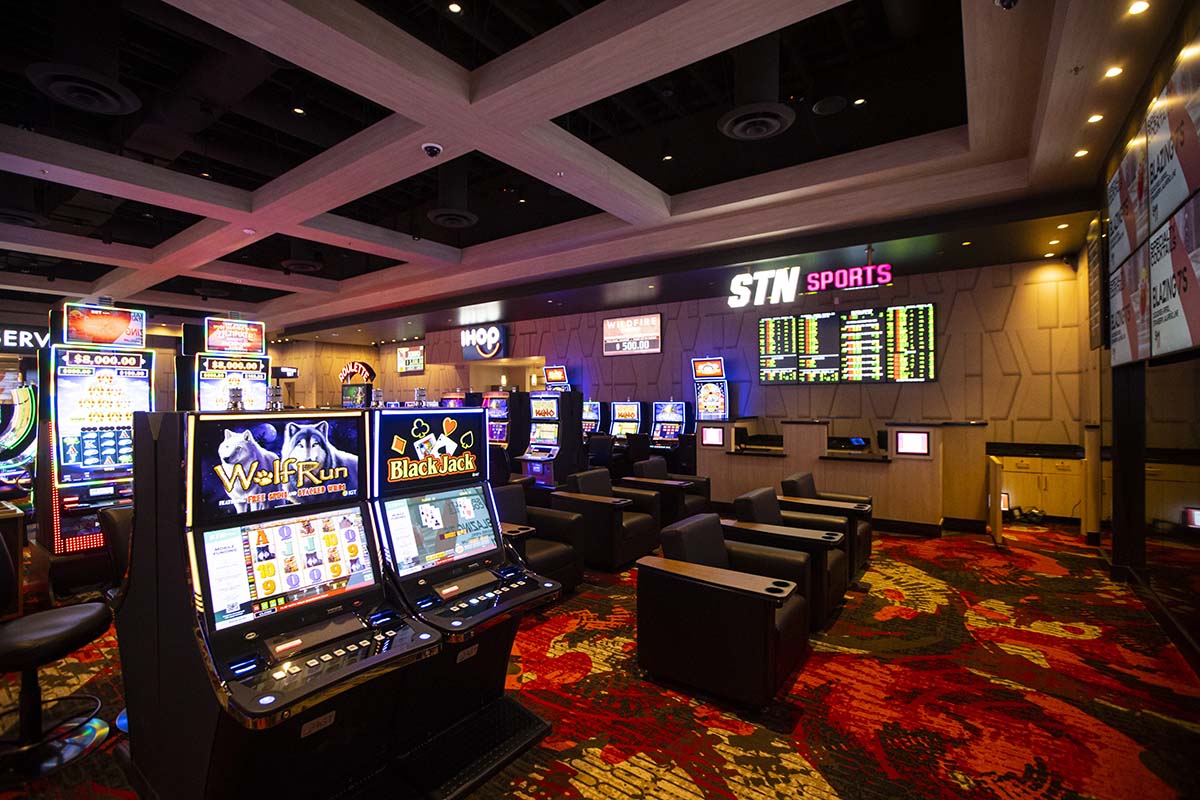
Wagering has been a part of human culture for ages, and it continues to enchant our thoughts today. The thrill of placing a bet, the surge of watching the cards roll, and the anticipation of hitting the big win creates a unique combination of thrill and risk. Casino gambling, in particular, offers an environment filled with brilliant lights, exciting sounds, and an environment that feels charged with potential. But what it about this type of entertainment that draws so many people in?
At its center, the psychology behind casino betting reveals deep-seated desires and drives. For some, it is the allure of immediate rewards and the possibility for life-changing sums of money. For others, it may be the social aspect of joining in the fun with peers or strangers. Understanding the reasons behind our love for wagering can provide insight into both our actions and the tactics used by casinos to keep players involved. This mix of psychology and chance is intriguing and worth digging into as we delve into how casino wagering influences our thinking and feelings.
The Allure of Chance
A excitement of uncertainty is a powerful driving factor behind gambling games. ufastar-825 When players engage with activities of luck, they are not merely making bets; they are participating in a interaction with fate. This uncertainty feeds into the human psyche, igniting a sense of excitement that is hard to duplicate in other activities. The potential for immediate wealth or transformative wins taps into our innermost desires for achievement and acknowledgment, making every roll of the die or turn of the wheel feel momentous.
Moreover, the structure of casino games enhances this appeal. The flashing lights, jubilant sounds, and lively colors create an atmosphere that stimulates the sight, sound, and touch and heightens excitement. This sensory experience is designed to captivate and engage players, drawing them into a world where every instance offers a blend of optimism and possibility. The setting of the casino plays a crucial role, as it transforms mundane moments into exhilarating encounters with luck.
Additionally, the psychological concept of intermittent rewards significantly contributes to the appeal of games of chance. The occasional nature of winning reinforces the gambling behavior, as participants often feel compelled to chase their next victory. This unpredictability keeps them returning for additional opportunities, creating a cycle of involvement and excitement. The blend of chance and payout in gambling activities makes it an alluring pursuit, attracting individuals who are eager to experience the thrill that comes with the chance of immense wealth.
The Significance of Sentiments in Betting
Feelings play a crucial role in the world of gambling betting, often driving people to engage in actions that may contradict logic. The thrill of placing a wager can induce the release of dopamine, a chemical associated with enjoyment and satisfaction. This high, often referred to as the "high of gambling," can be captivating, compelling players to chase their next win. Consequently, although when faced with losses, the emotional highs associated with betting can overshadow rational decision-making, leading to continued play in hopes of recapturing that exhilarating feeling.
Fear and stress are also important emotions in the realm of betting. Players may experience a increased sense of pressure as they confront the uncertainties of chance. This can result in more reckless betting behaviors as players seek to conquer their apprehension. In some instances, the search for control in uncertain situations can drive players to adopt superstitions or practices, believing that these actions may influence their fortune. This emotional whirlwind fuels the cycle of betting, as both the highs and lows become intertwined with the overall journey of betting at a casino.
Moreover, the social environment within casinos significantly affects the emotional atmosphere of betting. The presence of other players and the collective atmosphere can enhance feelings of excitement and camaraderie. Celebrating wins and sharing losses with fellow players intensifies emotional connections, creating a sense of community that can be profoundly fulfilling. Consequently, the social dimension of casino betting further intensifies emotional reactions, making the journey not just about personal wins and losses but also about collective experiences that deepen the allure of betting.
Psychological Effects of Success and Losing
Gaining in a casino creates a surge of thrill and joy, activating the brain’s reward system. This enjoyable response can strengthen the tendency of gambling, encouraging players to chase the rush of a win. The elation experienced can result in a conviction that they are more skilled than they actually are, further enticing them to gamble again. This pattern of positive feedback can make winning feel more meaningful, compelling individuals to go back to the gambling venue in hopes of reliving that thrilling experience.
On the other hand, defeat can evoke feelings of anger, sadness, and even hopelessness. The emotional heaviness associated with losses can lead to efforts to regain lost money through continued betting, a phenomenon known as pursuing losses. This misguided strategy often results in greater financial loss, but the desire of a turnaround keeps players engaged. For many, the anxiety of losing out on potential future wins can exacerbate these feelings, trapping them in a loop that confuses the line between entertainment and addiction.
Ultimately, the interaction of winning and losing shapes a gambler’s psychology. The thrill of winning can mask the consequences of losing, creating a complicated relationship with risk-taking behavior. This complex dynamic not only fuels the casino industry’s appeal but also underscores the need for awareness and understanding of the mental elements that drive the passion for gambling.